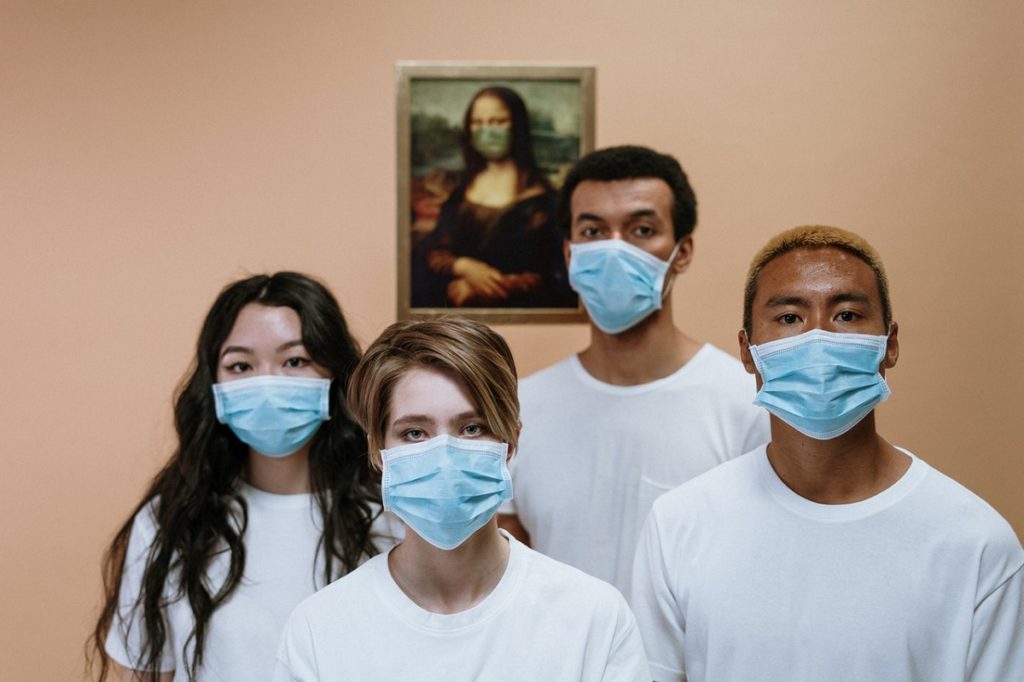Modern medicine is responsible for a significant increase in our collective life expectancy, reducing the ravages of infectious diseases along with lower mortality rates associated with childbirth. Many of these advances only took place over the 20th century. But we’ve already come to take them for granted.
We assume that every illness should have a corresponding effective treatment, but we don’t appreciate the painstaking process of drug development. It begins with an assay to investigate kinase activity, going through further studies for characterization, validation, and formulation before entering toxicity screenings and three-phase clinical trials.
Progress in the fight against disease is hard-won. And our recent experience with Covid-19 has the potential to bring greater acceptance to a promising area of research: human challenge trials (HCTs). Is this the new frontier for drug development, or should pharma companies continue to focus on tried-and-tested processes?
High-risk, high-reward
HCTs involve the deliberate infection of live human subjects to an infectious “challenge” agent within a controlled setting. The challenge agent can be modified to reduce virulence or left close to its wild-type, pathogenic nature. Either way, the participants will be exposed to something more dangerous than a vaccine candidate.
Compared to the traditional path of a clinical trial, HCTs can offer unique advantages to scientists. They can tell us how much dosage of a wild pathogen triggers infection, as well as the full range of possible symptoms. And since patients will be monitored from the onset, the full progression and immune response can be observed.
Moreover, HCTs could potentially overcome some bottlenecks faced by conventional development. These include the complexity of experimental and testing design, manufacturing costs, and potential material instability. Speed of innovation can also be greater for HCTs compared to the lengthy research process.
All of these bottlenecks were a concern in dealing with the pandemic and developing effective vaccines. As a result, the UK quickly passed ethical approval to begin the world’s first HCT for Covid-19 in March 2021, with other countries looking to follow suit.
A history of ethical controversy
What seems remarkable is that in the midst of a global crisis, it still took over a year for such a study to commence. The urgency is clearly there, but so is a high degree of resistance to HCTs in the scientific community.
HCTs have been used throughout history to achieve rapid medical breakthroughs. And how they’ve been executed has often fallen short of ethical standards, steeping the practice in controversy.

The world’s first vaccine was live-tested on an 8-year-old child in 1796 by exposing them to cowpox and smallpox. The first virus discovered by scientists was yellow fever through a human challenge study that exposed volunteers to mosquito bites.
As mass studies of this nature became more commonplace, the means of obtaining informed consent grew questionable. The Tuskegee syphilis study and the Willowbrook hepatitis study, among others, used deception and coercion to obtain participation.
We’ve come a long way in the years since, and so has the level of awareness and rigorous ethical practices in medicine. Poorly conducted HCTs violate both the Hippocratic oath itself and guidelines such as the Nuremberg Code and the Declaration of Helsinki. The medical community has insisted for decades that any HCTs be restricted to well-understood diseases that either resolve on their own without long-term effects or have existing treatment.
The barriers of attitude
Going by those criteria restricts the use of HCTs in recent decades, and the method has rarely been applied to emerging infectious diseases. Before the Covid-19 HCT, scientists also struggled with a comparable ethical dilemma when proposing an HCT for the 2015 Zika virus.
The principle of the matter seems simple: with a highly infectious disease, it’s about the good of a few versus the good of all. To borrow from Nassim Taleb, humanity can achieve antifragility at the expense of the individual.
But in practice, not everyone will volunteer to make that sacrifice, especially in a time when people everywhere feel that we’re more divided than ever. And the line gets muddled if we deal with diseases that aren’t as virulent as Covid-19. It becomes harder to justify an HCT when the threat isn’t of this magnitude or urgency.
As scientists will act as guardians of the public interest where ethical practices are concerned, it can be assumed that would-be HCT testers have a bigger barrier to overcome. Public attitudes will determine how many people are willing to actually volunteer for the expedient greater good.
Given the current sentiment that Covid-19 was an exceptional event and everyone just wants to resume a normal life, it seems unlikely that attitudes towards HCTs will shift significantly. Pharma companies are better off pursuing traditional development routes, and people should expect to wait and endure if another pandemic should occur.
